An Iranian politician sits on a sofa giving an interview about Iran’s nuclear ambitions. “Why should Iran not have a nuclear weapon when France, the UK and the US all have nuclear weapons? What is the difference between our nations?” The politician goes on to lay out Iran’s regional intellectual and cultural superiority, citing an illustrious history going back centuries, explicitly linking Iranian exceptionalism with the issue of nuclear power. You’d be forgiven for thinking that this Iranian politician was an official of the Islamic Republic. It was the Shah and the year was 1973.
The desire for a nuclear weapon in Iran transcends political parties, generations (although Gen X, so brutalized by sanctions and a blanket lack of hope, seemingly couldn’t care less) and pro- or anti-regime sentiment. It is linked to Iran’s sense of itself as the preeminent regional power, be that intellectually, politically or culturally. This strain of thinking has been a feature of Iran since time immemorial, peaking perhaps in the 17th century with the majestic courts and wide reaching empire of the Safavids, patrons of the arts and builders on a magnificent and spellbinding scale.
Listen to former president Mahmoud Ahmadinejad’s speeches from the mid-2000s on the issue of Iran’s nuclear ambitions and you will hear the same sentiment. And when Iran rose up in 2009 to challenge the blatantly fraudulent re-election of Ahmadinejad, the West pinned their hopes on two leftist revolutionary stalwarts of the Islamic Republic, Mehdi Karroubi and Mir Hossein Mousavi. At last, some sensible people, they cried, perhaps only taking a relative reading, not an absolute one. But Mousavi and Karroubi (both still detained under house arrest for their temerity in daring to challenge a rigged election) were advocates of Iran having a nuclear bomb. Neither would have yielded to Western pressure, diplomatic or economic (or even military) on this issue, so central to Iranian / Persian nationalist self-imaginings.
The desire for an Iranian nuclear weapon is not, therefore, a unique reflex of the hard-right elements of the Islamic Republic, but rather a representation of a nation’s desire that its own cultural and intellectual brilliance might have a real-world counterpart. For too long now we’ve failed to see this. And whoever follows the Islamic Republic, or whatever ghoulish, darker, form this war forces it to assume, it is unlikely that it will seek anything other than a path to nuclear power and even weapons. For threat, as much as national pride and identity, drives a nation’s desire to possess the ultimate protection. After all, no one is bombing North Korea, are they? And this is where our neat taxonomies break down. For it is entirely possible for anti-regime elements to be supportive of Iran’s march towards nuclear power and technological advancement, not because of an ideological identification with the cultural nihilism of Khamenei, but because of something bigger than that; the nation of Iran.
And when we scratch our heads at the seeming contradictions here, we’d do well to remember that concepts of ambiguity, of the space between the private and the public self, of metaphor and symbolism are as central to Iran’s poetic traditions as they are to how people see the world around them. If you live in a repressive theocracy, a sense of an inviolable hidden self can come in handy. Equally, if you are building a nuclear weapon and attempting to hide it, an inbuilt comfort with a divisible truth is, perhaps, a prerequisite. For in Persian poetry, a cultural backbone and the constant background in communication, half-truths and concealed realities are virtues to be embraced, not moral transgressions that bring shame. This is both a product of a Sufi and Shia culture in which truth is veiled, and a response to persecution where our words must hide the reality towards which they point.
So what, you might say. For too long, we’ve misunderstood Iran and the Islamic Republic, and the millions of Iranians who live under the horrors of a brutal klepto-theocracy. Now more than ever, our policy makers would do well to engage with these central issues of Iran’s history, identity and sense of self. It would be time not wasted, and could help us all in the long run.



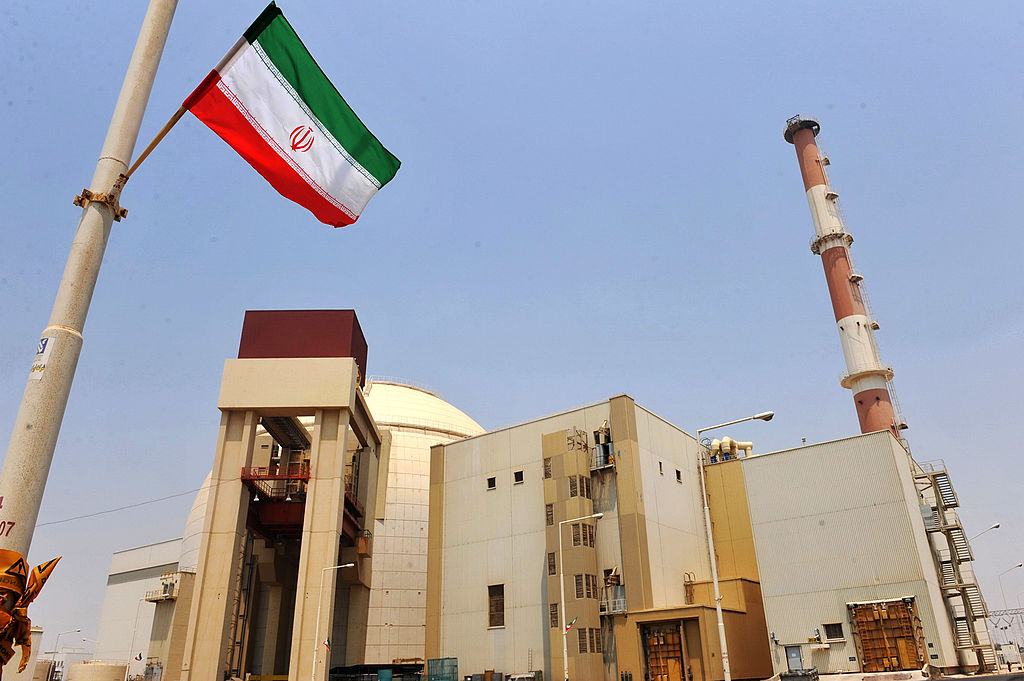






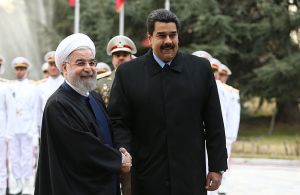
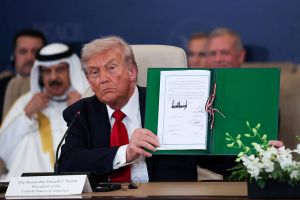
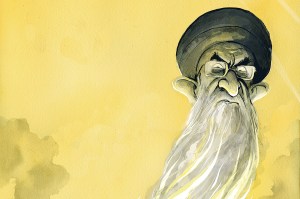
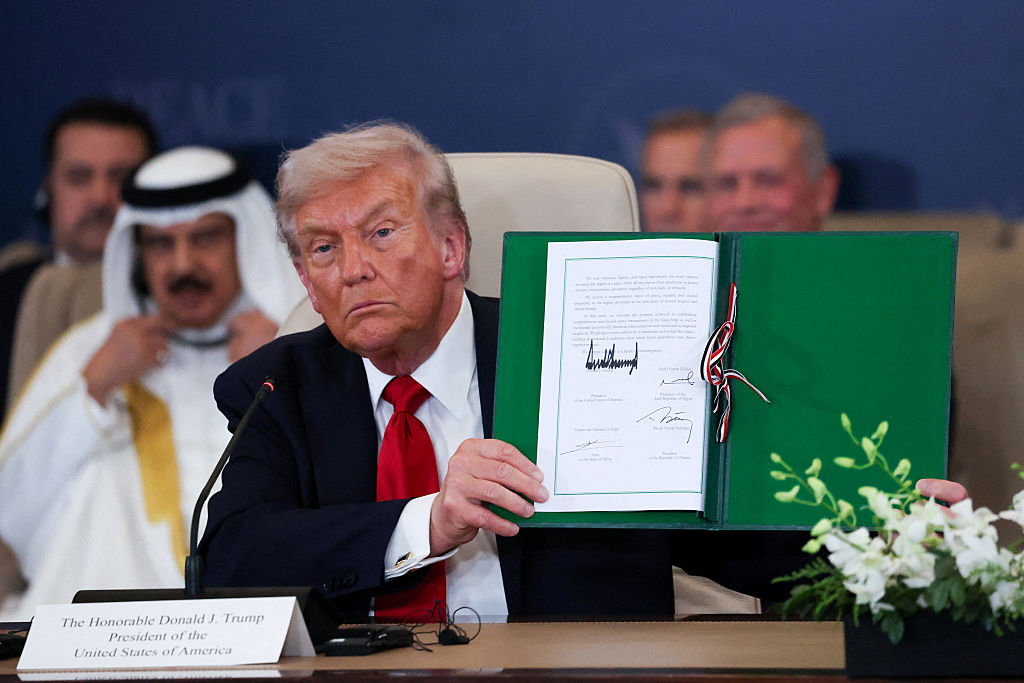
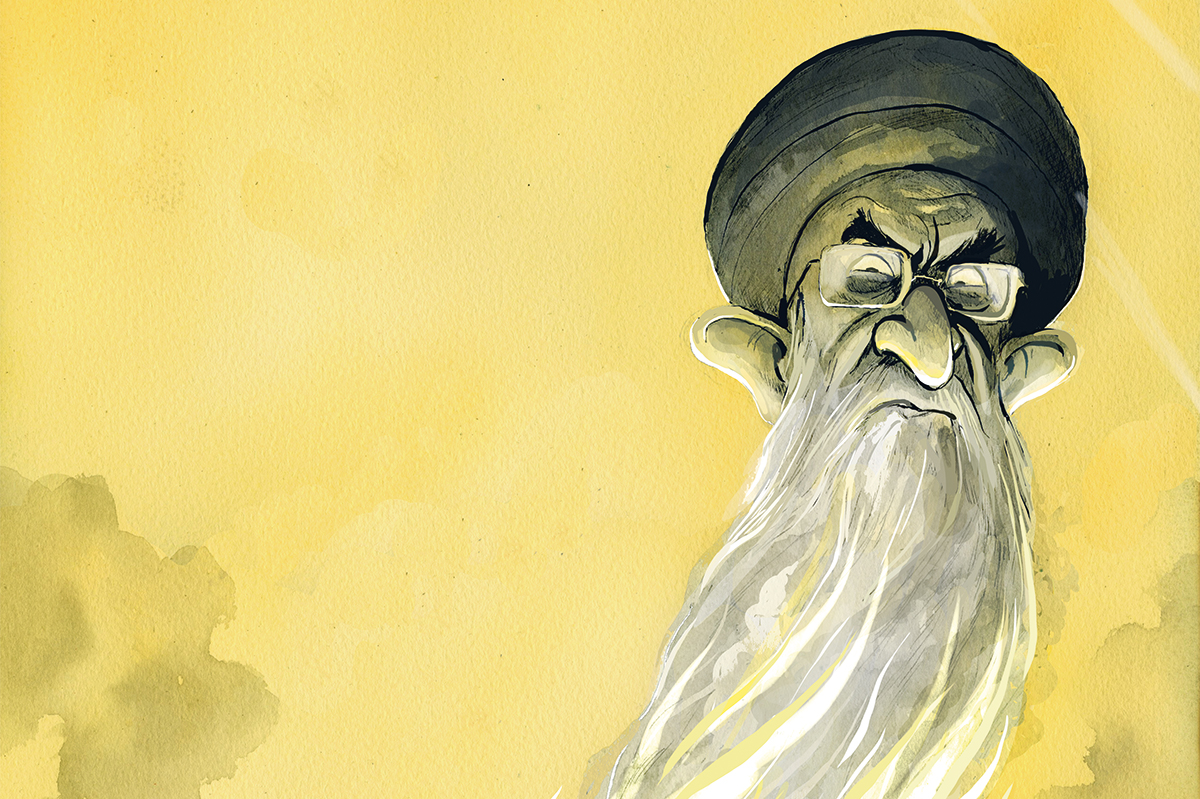

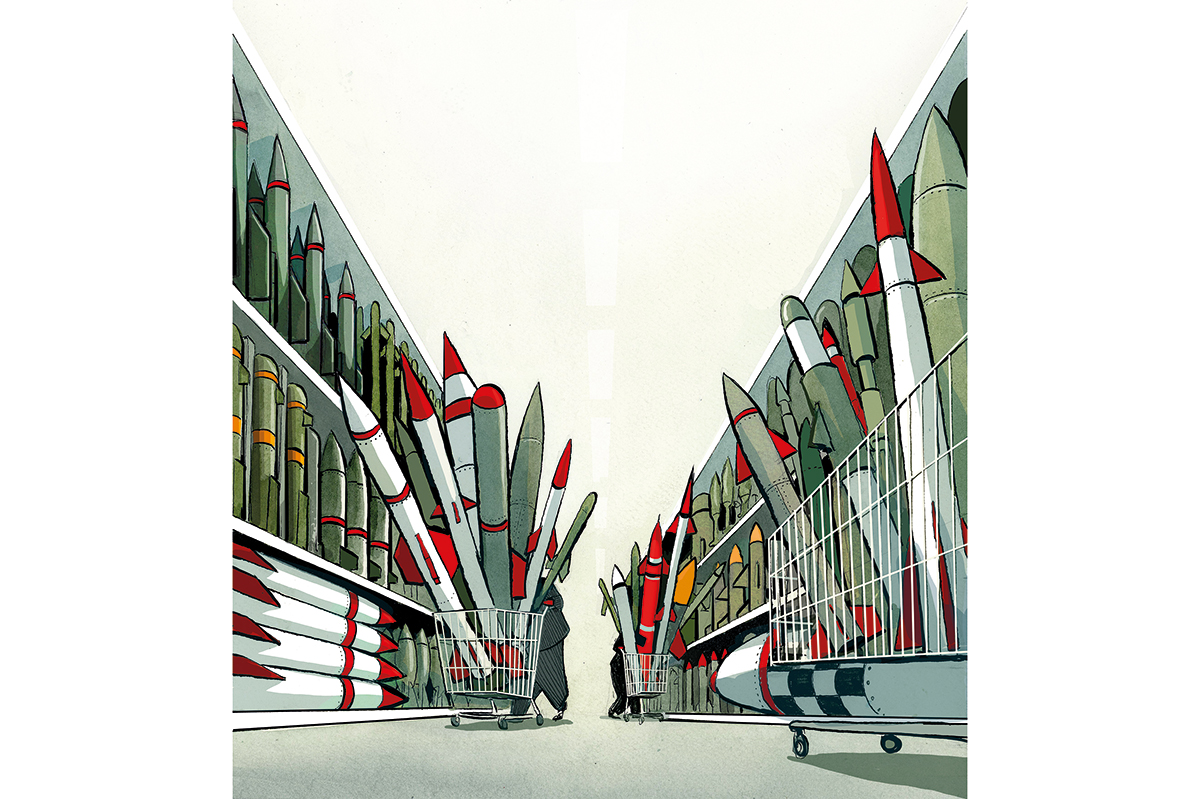
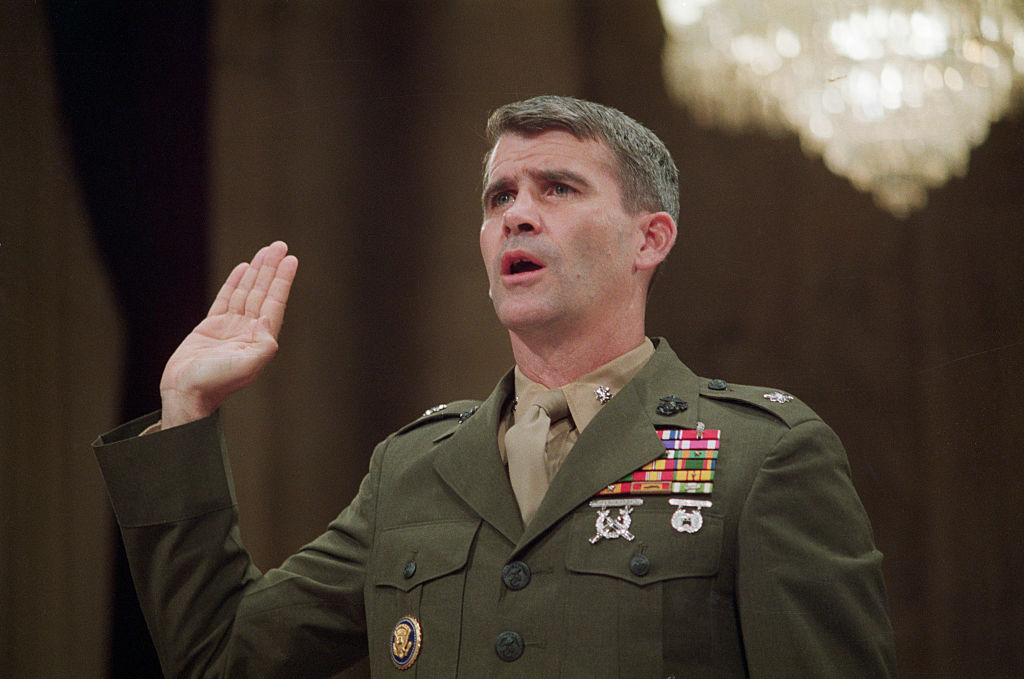
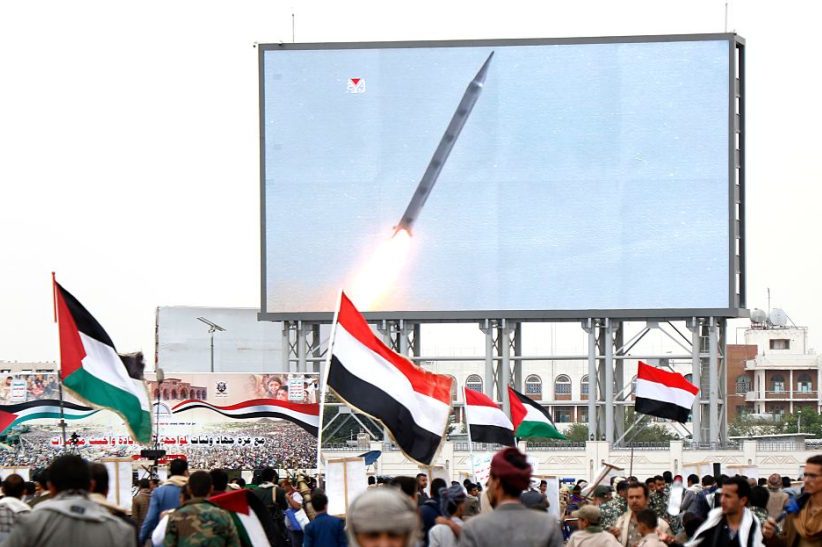







Leave a Reply